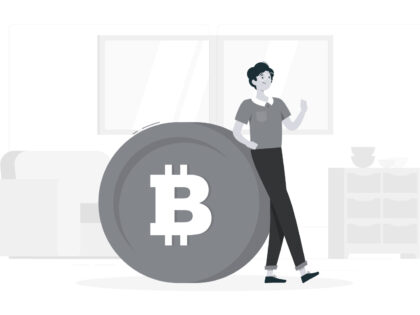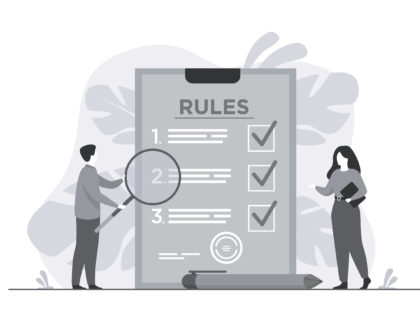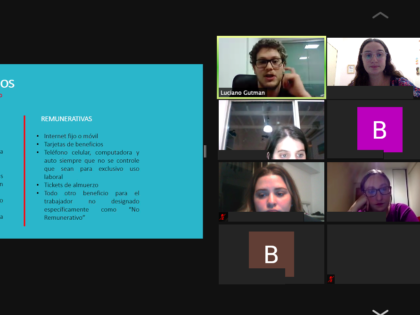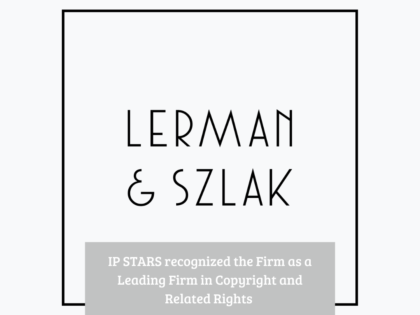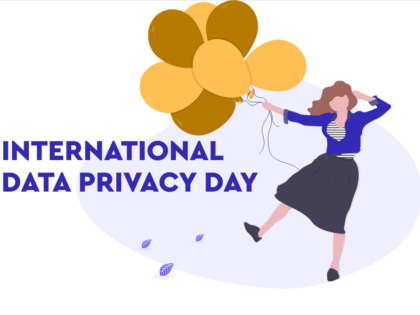Electronic Signature and Judicial Credit Enforcement: A Brief Analysis of The Ruling “Afluenta V. Oliva”

“Law is always behind the pace of reality”. This is a phrase that as attorneys we cannot forget whenever advising our tech clients. However, there are few cases in which this phrase is more suitable than when we talk about electronic signatures.
As of 2015 the Civil and Commercial Argentine Code completely closed the possibility of equating the electronic signature to the handwritten signature. Just 5 years later, the arrival of COVID-19 and the quarantine, left no other choice but to close agreements of all kinds through tools such as Docusign, Adobesign and locally Contractia, and even through much less sophisticated and secure processes as well.
Before analyzing the latest rulings in this area, it is necessary to refresh the concept of electronic signature, and mainly to differentiate it from its big sister, the digital signature (in some jurisdictions called advanced or certified electronic signature). Both were regulated in our country in 2001, with the main difference being that the digital signature has a certificate issued by State-authorized agents, which allows for the verification by third parties of the signer’s identity and the authenticity and integrity of the signed document. Therefore, the law grants only the digital signature with specific benefits such as a legal presumption of authorship and integrity and total equivalence with a handwritten signature.
Meanwhile, electronic signatures are means of identification that do not have a certificate issued by State-authorized agents. They lack all legal presumptions and benefits of the digital signature. Furthermore -and this is of utmost relevance for the ruling that will be analyzed shortly- in case the authorship of the signature is denied, it is up to the party who invokes it to prove its validity.
Many companies in the Fintech industry require their users to sign IOUs with and electronic signature as a tool to guarantee loans granted to them and recover them quicker in the event of a default by the debtor.
There are several stances regarding electronically signed IOUs and the possibility of enforcing them in abbreviated judicial proceedings generally used for handwritten IOUs. This kind of proceedings are much shorter and beneficial for the creditor that regular ones.
For example, in the year 2020, a Court rejected the attempt of a company called Wenance to enforce a credit guaranteed by an electronically signed IOU through an abbreviated proceeding. The motivation of the judge was the impossibility to analyze the validity of the document within the framework of a proceeding that was designed to be brief.
On the other hand, a 2022 ruling agreed to the abbreviated proceeding, but the Court decided that the debtor should first be asked if the document was signed by him/her. If the debtor denies signing the IOU, the procedural code states that the Court shall appoint one or more experts to rule on the authenticity of the signature.
At Lerman & Szlak we consider that both Fintech companies and different industries aimed at B2C commerce need legal certainty regarding the enforcement of online commercial contracts with their users, which will result in greater development for these businesses and an increase in financial inclusion for the consumers. To this end, it is necessary to:
- Carry on policies aimed at massifying, facilitating, and extending the digital signature among large sectors of the population, so that the subscription of IOUs through this means is not a mere dream.
- Give more recognition to electronic signatures, provided that they are complemented by other technologies and processes that provide greater certainty about the authorship and integrity of the signed documents, such as time stamps, user onboarding through biometric data and security questions, among others. In this matter, the standard brought by the European Union regulation called eIDAS is of great relevance. It allows the signatories of a given document to adopt any electronic signature that meets the same security requirements as of the digital signature’s ones. In this way, a higher degree of legal security is guaranteed, but providing more freedom to choose the certifying entities, which could even be private. This would encourage the development of a market where electronic signatures can proliferate with simpler procedures, with a focus on user experience and greater dissemination.
For guidance and advice related to digital signatures, electronic signatures, Fintech industry and other disruptive technologies and businesses, please do not hesitate to contact us at info@lermanszlak.com.
Luciano N. Gutman y Gabriela Ruth Szlak (C.P.A.C.F. Tº 79 Fº 516)































